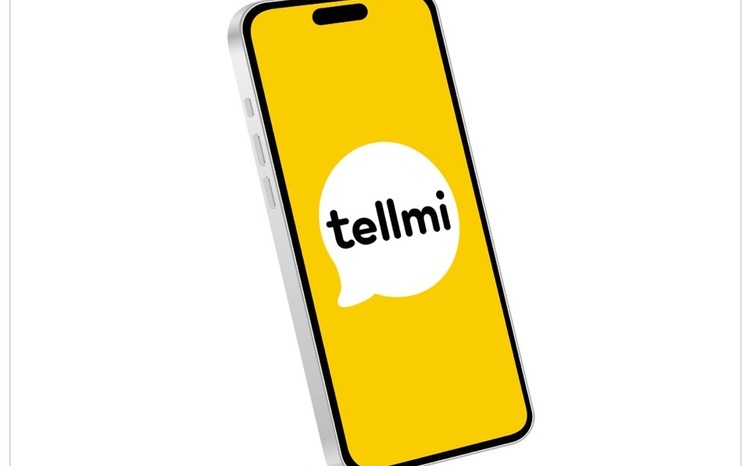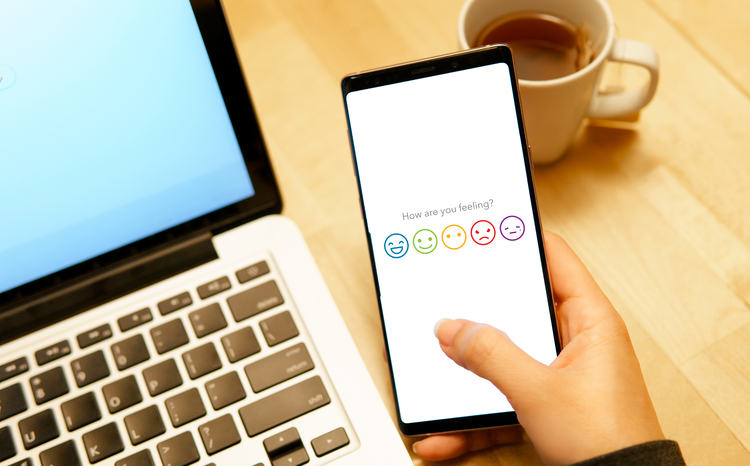CCIO profile: James Woollard
- 14 October 2014

Dr James Woollard, clinical fellow to Dr Geraldine Strathdee, national clinical director for mental health, wants to use data to tell better stories for patients and clinicians.
The former GP trainee, turned child and adolescent psychiatry specialty registrar, turned clinical fellow, says electronic patient records should not just be seen as another form of patient records.
“They are sophisticated data records, which we need to extract,” he explains. “We need to be able to tell better stories for patients and for clinicians; stories about improvement for patients and the organisation.
“We listen to sports commentators and they use statistics and figures to illustrate the narrative. It’s entertaining and illustrates that data enriches our experiences. What does having better data about ourselves help us do?”
Technology, culture and behaviour
Dr Woollard developed an interest in understanding the link between culture and behaviour while he was an anthropology student at the University of Cambridge.
When he went on to study medicine at King’s College London, and later became a GP trainee, an “inspirational psychiatry tutor” inspired him to go into psychiatry; and since he has never looked back.
Around this time, he also started to develop his interest in IT, specifically the relationship between technology, culture and behaviour.
As a psychiatry trainee working in a London hospital, he became involved in a project to change the systems the trust used – and how they were used.
“One of them was a referral system from acute to our service. I did an excel spreadsheet into which we could put the data and the dashboard would automatically update. The idea of that was to help us have a commissioning conversation with the commissioners,” he says.
The next steps in Dr Woollard’s career were to become a specialty registrar in child and adolescent psychiatry and then a clinical fellow. His current interests include social media, social networks and the internet in general; and how these have an impact on “how we live our lives.”
Concepts such as the ‘gameification’ of therapy, social media based therapy, and virtual reality for people with eating disorders are all topics that he discovered and explored while writing a research paper on the internet and mental health.
“That inspired me to think of technology in another way. Can we offer it, does it save money? Does it work as well as face to face interviews?” he wonders aloud.
Thinking about mental health
Part of his role as a clinical fellow is to help Dr Strathdee "pull together the thinking about the systems of technology used in mental health.”
In particular, he is looking into choice in mental health and making sure that digital services, technologies, and processes are considered when people are thinking about how to offer choice.
“My understanding is that there’s a dynamic link between policy and technology. Policy enables technology and technology enables policy,” he says.
“Take something like choices in mental health. We have got a policy about choice in mental health services, but we need to think about how technology can enable that policy to work better. We need to get to grips with this.”
His day to day role varies hugely, from spending the day in back to back meetings, to working from home, focussing on a specific project.
This includes helping develop the mental health intelligence network, launched by NHS England and Public Health England earlier this year.
The network will collect mental health data from 13 national agencies and aims to address concerns over a lack of mental health data.
As part of his role, he also spends two days a week at Oxleas NHS Foundation Trust on a project to develop a community education network for looked after children in Greenwich.
“One of the things that have come up is the use of technology, he says, adding that he wants to have “everyday conversations” about technology, without the use of acronyms and difficult names.
“I want to see everyday conversations between patients and clinicians on how technology can help. It can be as simple as setting an alarm on the phone saying that they need to take their medication,” he says.
“How can technology help healthy habits? That’s the conversation we got to have and that conversation needs to be explicit in care plans.”
Two way conversations
Dr Woollard also wants these kinds of conversations to be a two-way dialogue, with information from patients being fed back into more traditional medical records.
For instance, he suggests that people could be asked which websites they use to make themselves feel better, and this information could be included within their records, to help build up an understanding of which sites really help to build resilience to problems.
“If we look after the patients in front of us the rest is simple. The data and information we get out of the system is only as good as the conversation we have with the patient,” he says.
Dr Woollard is still early in his career, and says he has met several people that inspire him to get “some movement” going. Eventually though, no matter where he ends up, he has one goal clear in his mind: “I aspire to be a chief clinical information officer.”
EHI has set up a CCIO Leaders Network to support aspiring and practising chief clinical information officers and to encourage every NHS organisation to appoint a CCIO. The annual CCIO Leaders Network conference will be back to report on progress, and to discuss information sharing, at EHI Live 2014.
Full details of all the co-located conferences at EHI Live 2014, which takes place at the NEC in Birmingham from 4-5 November, are on its website, along with information about the keynote speakers, feature areas, and exhibitors.





